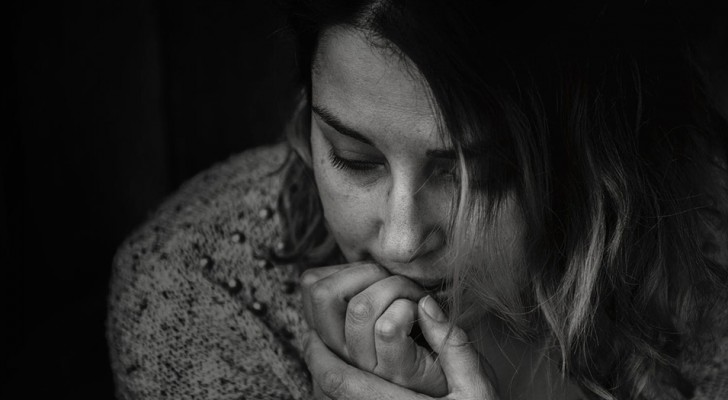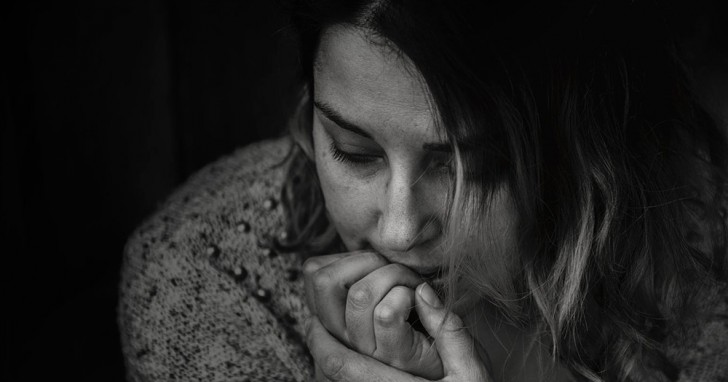Sometimes the way others treat you is a reflection of how you treat them

When things are not going well, the first, instinctive reaction is to look for the cause; and to be honest, most of the time we look around for someone to blame. Rarely, however, do we first turn our gaze on ourselves.
Finding a scapegoat is much easier and more convenient than knowingly deciding to do some honest soul-searching. Yet we too, with our actions, can be responsible for unpleasant and non-toxic situations.
In fact, here we take a look at how we actually encourage these situations and how we can recognize them - because only in this way can we improve our lives.
via psicoadvisor.com

pexels
In every relationship, there are two participants, which makes us co-responsible for how others treat us. In fact, every time we assume the role of victims, we refuse to actively work to change the situation. In this case, it is possible that we ourselves feed a toxic relationship. And this is a harmful relationship but at the same time capable of making us dependent, and of which we cannot easily free ourselves.
So every time we give in, try to adapt or submit to a dominant and aggressive partner, we feed a toxic relationship. This happens, for example, when the partner is jealous for no reason and we insist on giving proof and evidence of our loyalty; or when we give too time and energy to a friend who is full of self-pity, without providing real help to get them out of their victim mentality.
What we want to underline is that, even if it is not possible sometimes to change a person's aggressive attitude and behavior, we can always decide whether or not to fall victim to their mind games.

Many people are very careful not to hurt others, but often forget to respect themselves. Thus, when they meet someone who constantly demands more and more from them, they try to adapt to this treatment, thus condemning themselves to experience ever-increasing amounts of stress. It is therefore important to realize that you are behaving in a toxic way when:
- You stay in a relationship with a person who looks down on you and treats you badly;
- You blame yourself and demand too much from yourself;
- Do not worry about your own needs and desires;
- You ignore and repress your emotions;
- You see only the negative aspects of everything and adopt a pessimistic attitude;
- You do not recognize your own value.
Perhaps it is not always possible to avoid behaving in a toxic way towards ourselves, but we can acknowledge the situation and apologize - first of all to ourselves. We have everything to gain!





